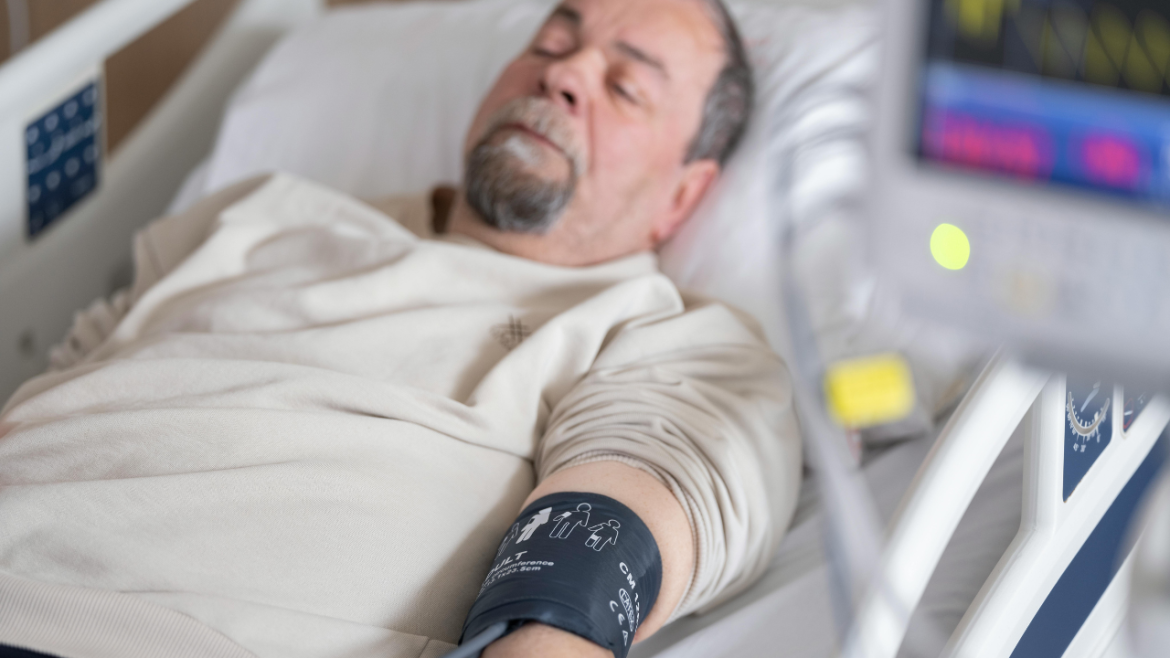Items You Need When Transitioning Your Loved Ones Home From The Hospital
Bringing a loved one home from the hospital can be an emotional and challenging experience. The shift from constant medical care to home care requires careful planning, preparation, and attention to both physical and emotional needs.
Seniors, in particular, need an environment that promotes safety, comfort, and independence. Knowing which items are essential can make the transition smoother and provide peace of mind for both the caregiver and the senior.
Creating a Safe Home Environment
Safety should be the first priority when preparing for a senior’s return home. Hospital beds, mobility aids, and grab bars are not just conveniences—they are necessities for preventing falls and accidents. Hospital beds with adjustable heights allow caregivers to assist with daily activities while ensuring the senior remains comfortable. Similarly, walkers, canes, or wheelchairs provide essential mobility support, especially during the initial days at home.
It is crucial to arrange furniture to create clear pathways and eliminate tripping hazards, ensuring seniors can move safely throughout the home. Transitioning from a highly monitored hospital setting to a home environment can feel overwhelming, so every precaution matters.
Personal Care Essentials
Maintaining personal hygiene after a hospital stay is fundamental for recovery and emotional well-being. Many seniors may have temporary or permanent limitations that make bathing, dressing, and grooming challenging. Shower chairs, non-slip mats, and handheld showerheads provide stability and comfort, allowing seniors to maintain dignity while reducing caregiver strain.
Adaptive clothing designed for easy dressing is another vital consideration, as it minimizes frustration and promotes independence. Ensuring that personal care items are easily accessible prevents unnecessary strain and supports a smoother recovery process.
Medication Management
Proper medication management is critical after a hospital discharge. Seniors often return home with new prescriptions, dosage changes, or temporary medications. Pill organizers, clearly labeled medication containers, and written schedules help prevent missed or incorrect doses.
Setting up alarms or reminders can further reduce anxiety and ensure adherence to prescribed treatments. A caregiver’s role in monitoring medications can be eased with these tools, allowing seniors to regain some independence while maintaining safety and consistency in their care.
Nutrition and Hydration
Recovery requires proper nutrition and hydration, which may be disrupted after hospitalization. Preparing meals in advance, ensuring easy access to healthy snacks, and using adaptive utensils can help seniors maintain their dietary needs.
Hydration is equally important, especially if mobility limitations reduce fluid intake. Water bottles, cups with lids, or hydration reminder systems can ensure seniors remain hydrated throughout the day. Thoughtful attention to nutrition supports healing and overall well-being, making it an essential part of the transition process.
Emotional Support and Comfort Items
The emotional aspect of returning home should not be overlooked. Seniors may feel anxious, isolated, or disoriented as they adjust from a hospital environment back to daily life. Familiar items like blankets, pillows, or family photographs can create a comforting atmosphere.
Regular communication, companionship, and reassurance play a significant role in easing the mental and emotional challenges of recovery. Caregivers should prioritize not only physical needs but also emotional support, fostering an environment where seniors feel safe, valued, and understood.
Planning for Follow-Up Care
After leaving the hospital, follow-up appointments, physical therapy sessions, and home health visits are often necessary. Organizing calendars, transportation options, and any required medical equipment ensures that care continues uninterrupted.
Items such as blood pressure monitors, pulse oximeters, and other home health devices provide both caregivers and seniors with real-time information on recovery progress. Staying organized and prepared allows families to detect complications early, promoting a safer and more effective recovery.
Conclusion
Transitioning a loved one home from the hospital requires careful planning, essential items, and emotional support. From mobility aids and personal care tools to medication management and comfort items, each consideration plays a vital role in creating a safe and supportive environment.
By thoughtfully preparing the home and ensuring access to necessary resources, caregivers can reduce stress, enhance recovery, and help seniors regain confidence and independence. The process may feel overwhelming at first, but with the right approach and the right items, families can provide a seamless transition that prioritizes both safety and emotional well-being.

